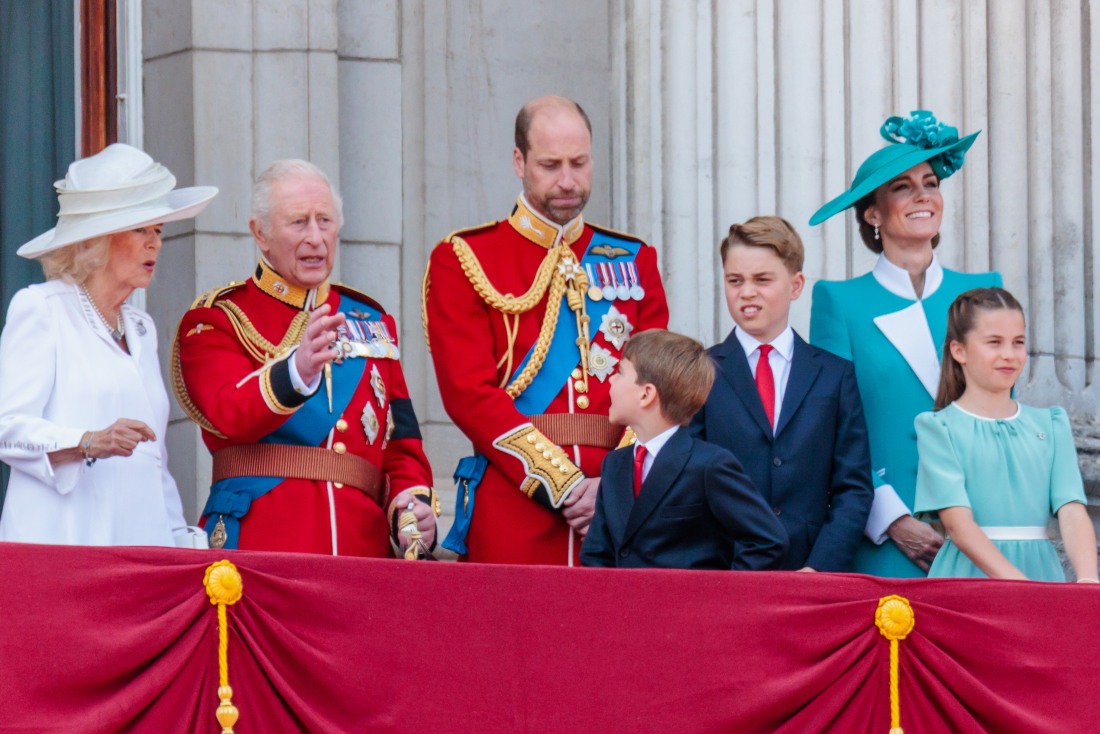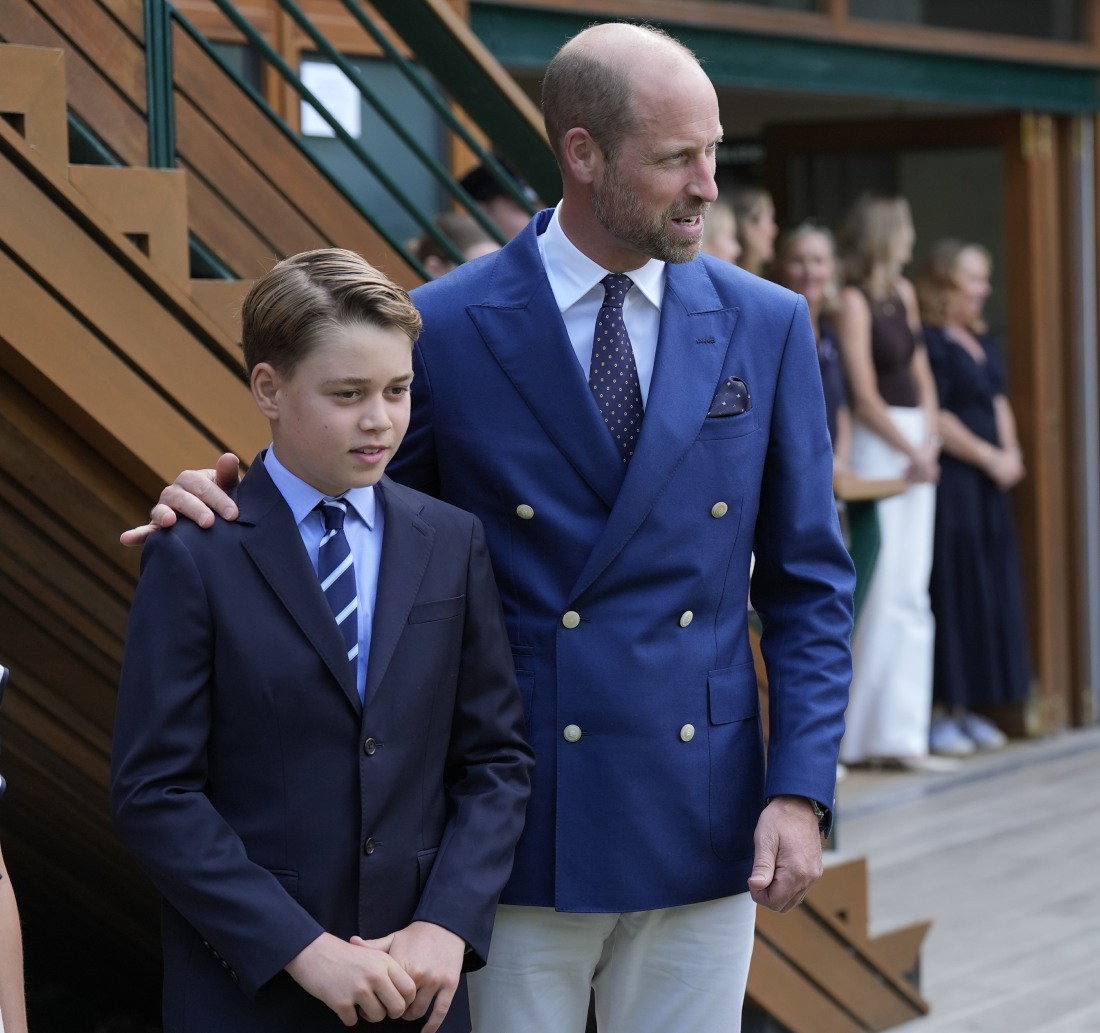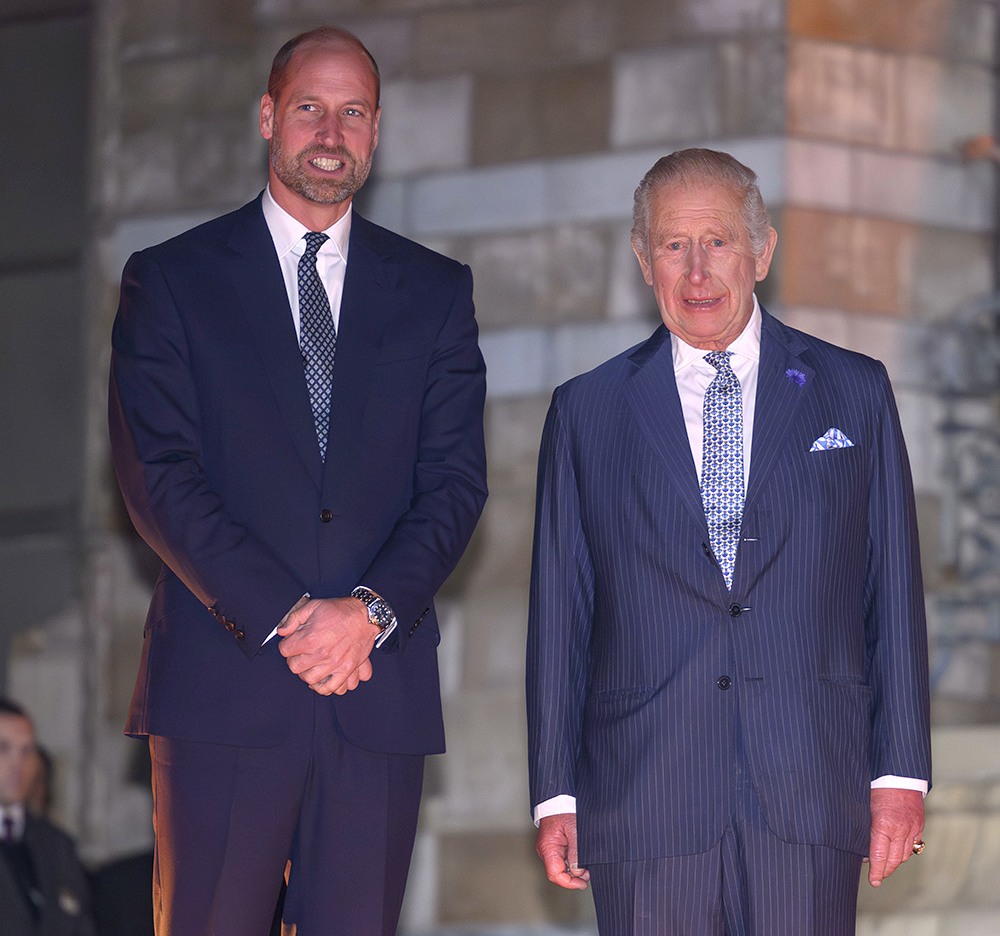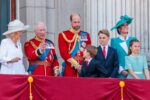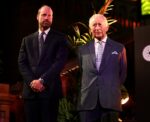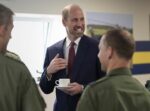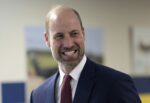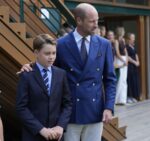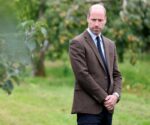Do you believe that Prince Andrew’s many sordid scandals will mark a turning point for the Windsor clan? Do you think it’s all downhill from here, and that the Windsors will never recover from it? Eh. I don’t know. Granted, I think Andrew has been completely awful for decades, and it says something about the institution that he’s still being protected and coddled to this degree. I’m just not sure how much of it is really being absorbed by the general public. What’s changed, this week, is that there’s been a willingness to write about how bad it actually is for the Windsors as a whole. The Guardian’s Simon Jenkins wrote this: “The latest Prince Andrew abuse claims are a new low for the Royal Family. In this form, it can’t survive.” Some highlights:
A disaster waiting to happen: The royal family was always a disaster waiting to happen. Its creation as a marketable entity in the 1960s by the late Queen Elizabeth II was meant to “modernise” the monarchy for the 20th century. It worked, but only up to a point. Her son Prince Andrew has long been its biggest liability, this week in trouble yet again due to his alleged behaviour within that ghoulish circle, the friends of Jeffrey Epstein.
The postwar Windsors: Queen Elizabeth was not to retreat like other postwar European monarchs at the time into an anonymous obscurity, to stick to their bicycles. She would refresh Britain’s semi-divine concept of monarchy as embodied in an “ordinary family”. It was portrayed as “the Firm”, a term that originated with Elizabeth’s father, George VI. It worked. The family looked lovely as their young children picnicked by a Scottish loch. The film was watched and admired by millions. But there was a lurking risk. One day the same children would be different. They would be tormented teenagers, rampaging twentysomethings and matrimonial casualties. They might be offered grand palaces and safe jobs, “representing” the monarch the length and breadth of the land. But then what? Would they all behave? It was like writing a play when you have already cast the actors. The children became instant global celebrities.
So many crises in the 1990s: Another crisis came in 1997 with the death of Diana and its initially woeful mishandling by the late queen. Her personal approval rating sank to an all-time low of 57%. Charles’s fell to 40%. Serious questions were raised of the future of the crown. At such times monarchy has nowhere to turn for sustenance but to public opinion. Its image is dependent on the media and the reaction to how it performs its rituals.
The bicycle monarchies: The so-called cycling monarchies such as Norway, Sweden, Denmark, the Netherlands and Belgium did not go down the same path as the late queen. They became figureheads, anthropomorphic thrones, legacies of history and tradition, but they hold office strictly at the declaration of elected parliaments. Such monarchs practise none of Britain’s nonsense about religious anointment. They head up no “family firm”. Their relatives, close and distant, can go about their normal lives and do normal jobs. The king of the Netherlands still occasionally pilots a KLM jet.
William must plan a different kind of monarchy: Prince Andrew was already being eased out of the limelight before the publication of Virginia Giuffre’s memoir. The next move is for the future king, William, to plan a refashioned monarchy. He has already indicated his intention to live not in London but in a modest house in Windsor Park. He will presumably hand his Westminster estate to the government, and its gardens to the public. That would be all to the good. But above all, William should release his children. He should do away with the royal family brand, disband the Firm and take to his bicycle. No more Andrews.
The thing is, Prince William has been telegraphing his agreement with this advice for some time. His view of the British monarchy is one of radical downsizing. Mostly, his idea of a downsized monarchy is that he still has all of the money, castles and power, but very few of the responsibilities and a fraction of the workload of his father, grandmother or great-grandfather. The idea of William “releasing his children” is interesting too, and I suspect that William actually has no desire for any of his children to “work for the Firm” in any way. When we talked about his appearance on the Reluctant Traveler, I brought up the old gossip, the pre-Sussex gossip, that there was always a sense that William was a closet republican anyway, and that he didn’t actually want to be king. Post-Sussex, it often feels like William now wants to be king solely because it’s something his brother can’t have.
Photos courtesy of Avalon Red, Cover Images.
